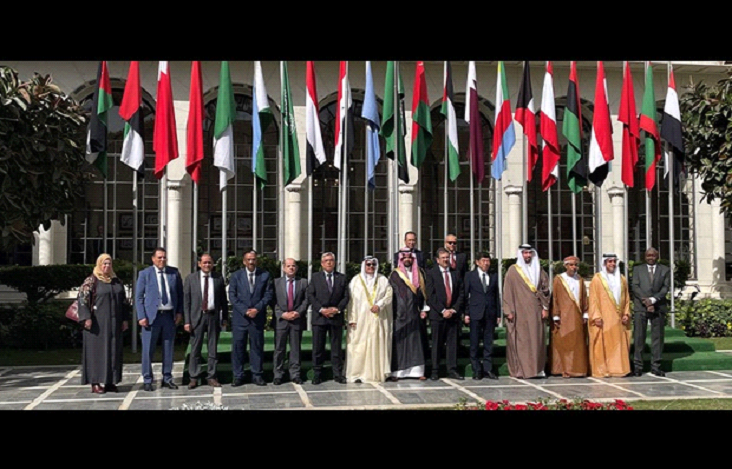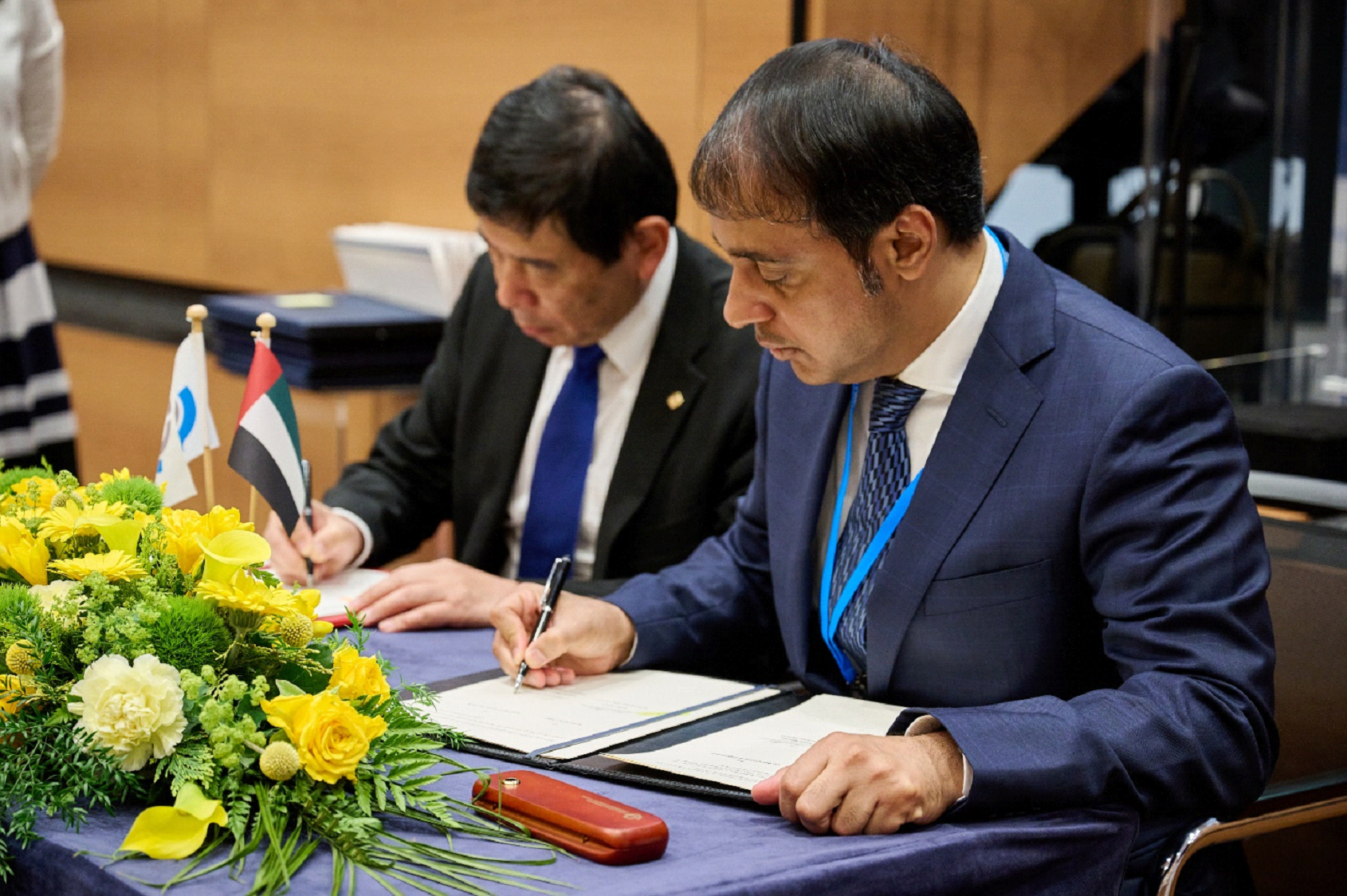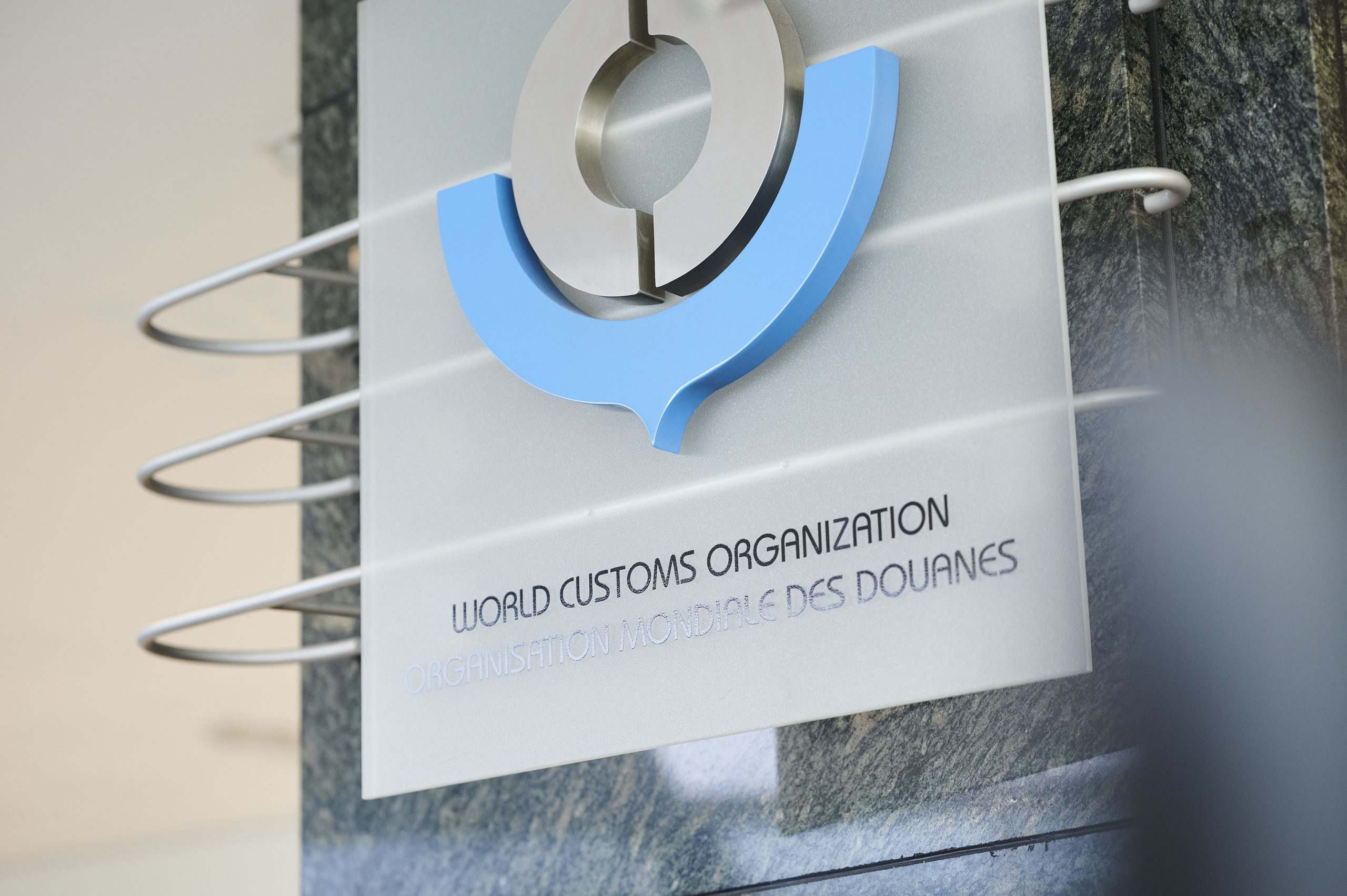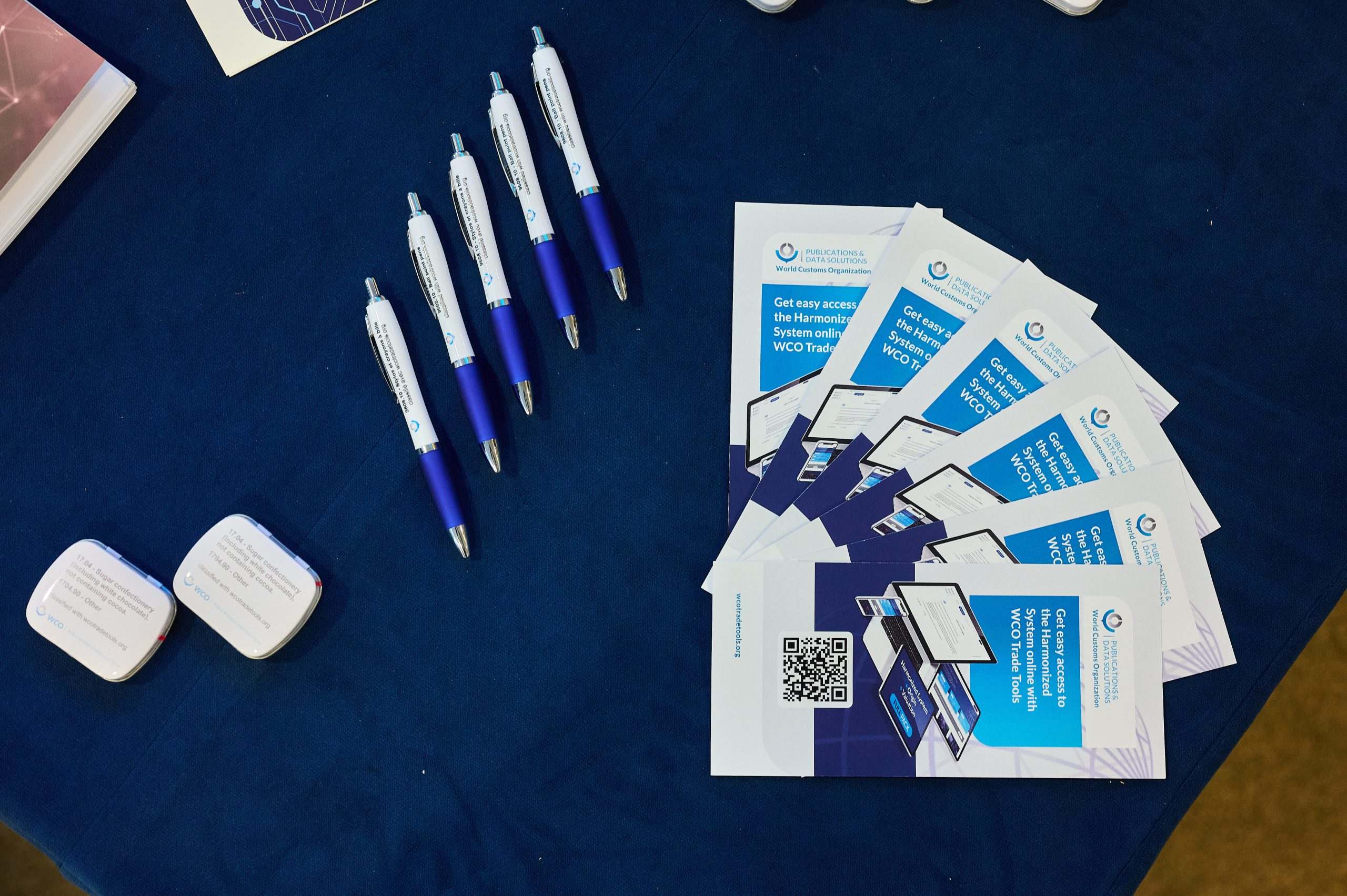Latest News & Events
See All

WCO MENA Heads of Customs regional meeting
The WCO MENA Heads of Customs Regional Meeting was held under the chairmanship of Mr. Jalal Al-Qudah, the Director General of Jordan Customs in his capacity as the Vice-Chair for the MENA region, Dr. Kunio Mikuriya, the Secretary General of the World Customs Organization (WCO), participated in the MENA regional meeting of Customs Directors General, held in Cairo on 27 February 2023.
In his opening remarks, Dr. Mikuriya spoke about the theme of the year and the ongoing work of the WCO regarding the important focus areas such as data, fragile borders and green Customs. He provided an update on the finances of the WCO, including the use of additional languages. The meeting discussed the follow-up to the Policy Commission’s deliberations in December 2022 and also heard the progress report by the regional entities, including the Regional Office for Capacity Building (ROCB) and the Regional Intelligence Liaison Offices (RILOs).
The Directors General further discussed the issue of priorities and agreed to continue seconding a regional technical attaché at the WCO to further enhance cooperation and increase the effectiveness of the support provided to the region.

The signing of the headquarters agreement for the Capacity Building Office.
The United Arab Emirates, the host country of the Regional Office for Capacity Building for the North Africa, Near and Middle East region, signed the headquarters agreement for the office with the World Customs Organization (WCO) on the sidelines of the sessions of the WCO Council in Brussels.
The UAE’s hosting of the Regional Office for Capacity Building, affiliated with the World Customs Organization, enhances the UAE’s leading position in the global customs system. The UAE has been hosting the regional office for capacity building for North Africa, the Near and Middle East since 2006. The office supports the organization and customs in the region to meet customs development requirements by leveraging standards and experiences derived from the World Customs Organization.
The agreement outlines the tasks performed by the host country, the United Arab Emirates, for the Regional Office for Capacity Building for North Africa, the Near and Middle East, granting the office a headquarters in the country and providing supporting services. The office seeks to achieve a set of strategic goals contributing to the development of customs work, enhancing competitiveness, and building capabilities in the field of inspection and customs control in the region. This includes administrative support and coordination of related activities among the regional countries.
Based on the decision of the customs directors general in the region and their support for the regional capacity-building strategy, the Regional Office for Capacity Building was established in the UAE. The office aims to strengthen customs relations between the UAE and its strategic partners in the region and the world, building customs capacities by identifying the specific needs of regional countries in customs work. Additionally, the office oversees the implementation of customs activities and projects based on international best practices, monitors changes, ensures compliance with global customs standards, coordinates with training centers in the region accredited by the organization, and collaborates with supporting entities for projects.

Photo Competition 2023 (winner)
On all fronts The Algeria Customs Service operates over an area of 2,381,741 km², covering the entire national territory. It has a huge sea and land border, with its own particular topography that sometimes presents extremely challenging conditions. Algerian Customs officers have to adapt to the changing landscapes and climatic conditions and are present everywhere to carry out their missions with fortitude and dedication, day and night, protecting their country in close cooperation with the relevant institutions.

Disruptive Technology in the MENA Region: Insights from the WCO Regional Online Experience-Sharing Workshop
The WCO Online Regional Experience-Sharing Workshop on Disruptive Technologies for the North of Africa, Near and Middle East (MENA) Region was held from 20 to 22 February 2023. The workshop was organized with the financial support of the Customs Cooperation Fund (CCF) of China. This was the fifth and final in the series of regional workshops on disruptive technologies, where the first one was successfully carried out in March 2021 in the Asia-Pacific region and followed by three more workshops in the other four WCO regions. In addition to discussing the relevance of the WCO Data Model and other international standards of importance to the cross-border movement of goods; the workshop also aims at responding to a growing need from WCO Members to learn about various advanced technologies and how they can be mobilized in Customs operations.
The Workshop, which brought together over 30 participants from the MENA region, partner international organizations and the private sector was opened by Pranab Kumar Das, Director, Compliance and Facilitation Directorate and Nidal Salameh, Manager of the Vice-Chair Office for the MENA Region. In his address, the Director stressed that the response to COVID-19 has prompted contactless procedures and thus sped up the adoption of digital technology by several years. It is for this reason, he remarked, the WCO regional workshops on disruptive technologies are extremely pertinent today in terms of ensuring that progress continues and further raising awareness of the possibilities that these solutions could provide towards facilitating and better controlling the cross-border movement of goods.
Speaking on behalf of the Vice-Chair for the MENA region, Nidal Salameh appreciated the opportunity provided by the workshop and encouraged participants to share their expertise on disruptive technologies.
The 3-day experience-sharing workshop benefited from presentations and discussions on three technologies, namely Blockchain, Artificial Intelligence and the Internet of Things that have already shown so much potential for the future of Customs and border management. A dedicated session put special focus on the importance of international standards for efficient deployment of advanced technology in Customs operations.



